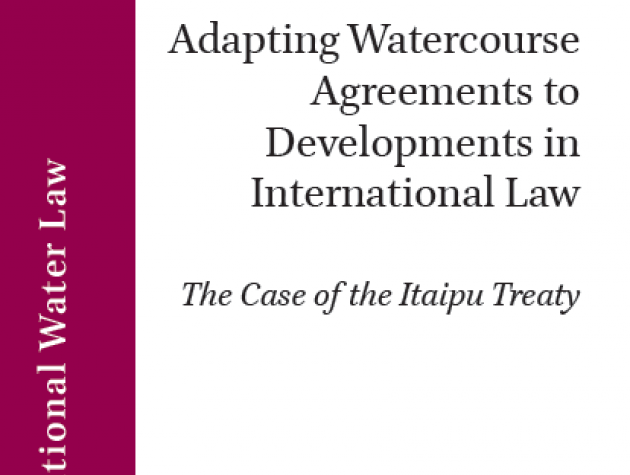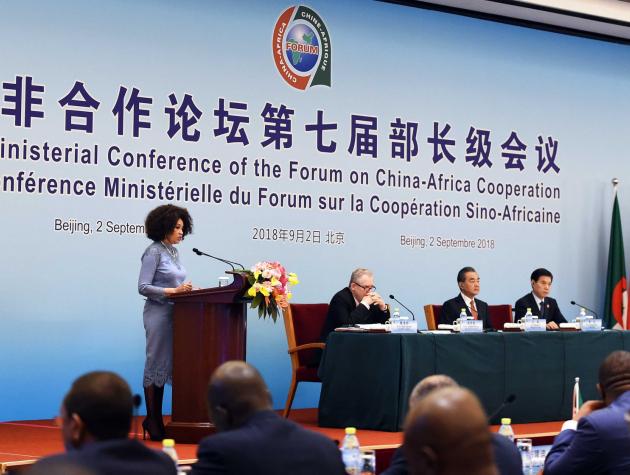GEG Research Associate Lauge Poulsen Reacts to House of Lords’ Report on Investment Arbitration
Yesterday Britain’s House of Lords released a much-anticipated report on the Transatlantic Trade and Investment Partnersthip (TTIP), the proposed economic agreement currently being negotiated by the United States and the European Union. One of the most contentious areas of the negotiations has been the investment protection chapter, and specifically whether or not to include investor-state dispute settlement measures in the agreement.
GEG researcher Lauge Poulsen was called to provide expert testimony about investor-state arbitration during the House of Lords hearings in preparation of the report, and following the report’s release he responded to its recommendations on LSE’s American Politics and Policy blog, USAPP. Lauge notes that the report recommends including investor-state arbitration in TTIP, but only if there is compelling evidence that doing so will allow the UK to attract more investment from the US. Given the extremely sparse evidence that such investment protections ever increase investment – even in countries with weak domestic court systems, where they would be expected to have the greatest effect – he argues such evidence is unlikely to exist. “The gains of a free trade and investment area across the Atlantic do not depend on investor state arbitration,” Lauge writes in conclusion, so “why is it necessary to give foreign investors the right to evade European and American courts?”
The House of Lords report can be accessed in its entirety here; the evidence submitted in preparation for the report, including both written (p 366) and oral (p 219) contributions from Lauge Poulsen, can be accessed here.






